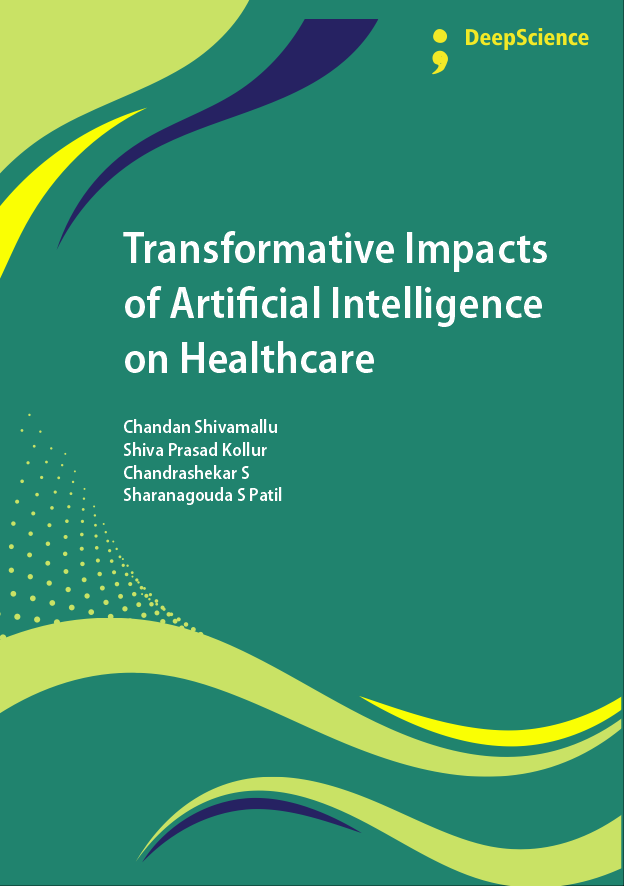Intelligent Hospital Management Systems: Optimizing Operations through Artificial Intelligence
Synopsis
The R&D process has evolved through Artificial Intelligence (AI) to accelerate discovery, reduce cost, improve accuracy, and transform the innovation pipeline in Microbiology & Pharmaceutical Sciences. By transforming traditional drug and vaccine development processes that can take over a decade and billions of dollars, AI will utilize its predictive modeling capabilities as well as data analysis capabilities to generate new models. The use of AI in drug and vaccine development allows for rapid molecular modeling, virtual screening, and generative drug design; drug repurposing; antimicrobial resistance predictions; and biomarker discovery. In addition to vaccine development, AI will enhance epitope predictions; formulate optimal vaccine formulations; and simulate immune responses to vaccines. This was demonstrated with the rapid COVID-19 mRNA vaccine design. Additionally, AI plays an important role in clinical research to assist with patient recruitment; monitor safety in real-time; and enhance predictive modeling of trials. Furthermore, AI will assist with the identification of pathogens using microbial genomics and metagenomics; provide functional gene annotations; and develop microbiome-based therapeutics. Finally, AI-driven manufacturing and quality control systems will enable manufacturers to produce products with precision and to meet regulatory requirements, thereby creating a new paradigm for predictive; personalized; and patient-centric healthcare innovation.














